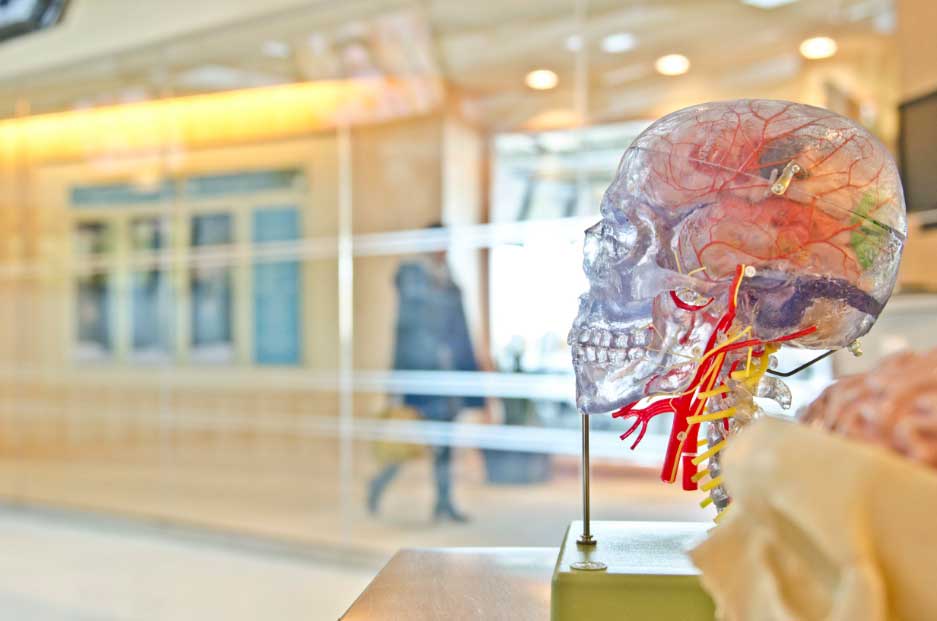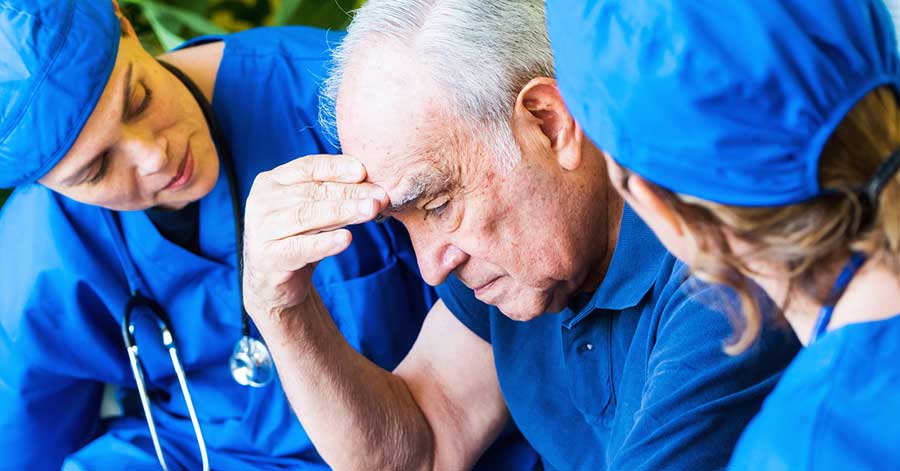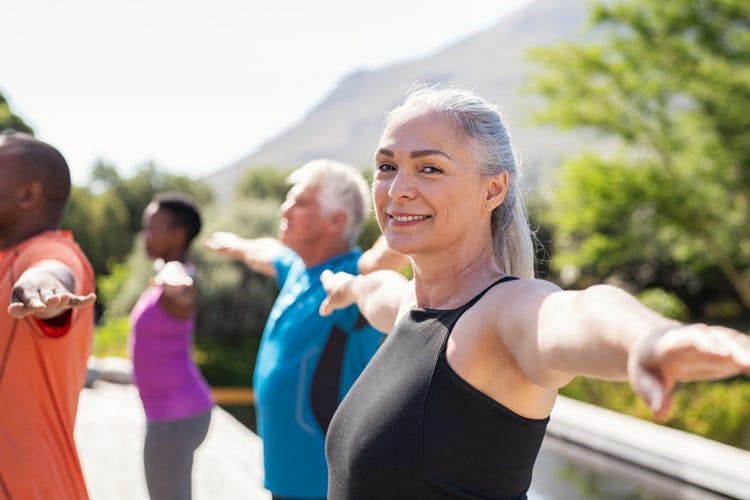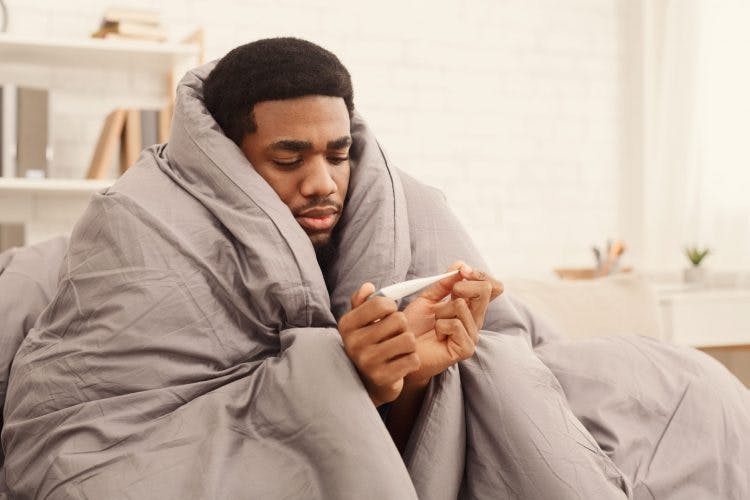Month: June 2020
The National Institute for Health Research (NIHR) has revealed that the risk of death and disability after a stroke fell significantly between 2000 and 2015. As a result, an estimated 6,300 more patients annually are surviving their stroke, according to the research. Accounting for population changes, the study found that the risk of death from stroke fell by 24% over the study period, with the one-year death rate dropping from 32.6% in 2000 to 20.15% in 2015. Further, the risk
Researchers at Lund University in Sweden have succeeded in restoring mobility and sensation of touch in stroke-afflicted rats by reprogramming human skin cells to become nerve cells, which were then transplanted into the rats’ brains. The study has now been published in the Proceedings of the National Academy of Sciences (PNAS). “Six months after the transplantation, we could see how the new cells had repaired the damage that a stroke had caused in the rats’ brains,” says Professor Zaal Kokaia,
After a person experiences a stroke or mini-stroke, the likelihood of having another is significant. This risk is highest early after the first stroke – in the first year, 15 times greater than for the general population. Due to this high early risk, the major focus of stroke-prevention efforts for stroke survivors has been to closely follow them to avoid complications within a 90-day period. Those without early complications are then typically discharged from specialist stroke-prevention services within six months
Practicing balance exercises for stroke patients can improve your gait (manner of walking), coordination, and stability. A stroke typically affects one side of the body. While the unaffected side may function normally, the lack of bilateral coordination can impair your balance. Luckily, balance skills can be recovered through repetitive training. By practicing balance rehab exercises, you’ll encourage the brain to rewire itself and strengthen connections to affected muscle groups. What exercises should you be practicing to regain balance after stroke? Let’s
Around 13% of TBI patients complain about feeling persistently cold after a head injury. This symptom may be caused by damage to the parts of the brain that control the body’s temperature. The human body possesses a complex thermoregulation mechanism that keeps it at a balanced temperature. This delicate process is controlled by the hypothalamus, the part of the brain in charge of numerous bodily functions. The hypothalamus helps balance body fluids and controls the release of hormones that play a part





